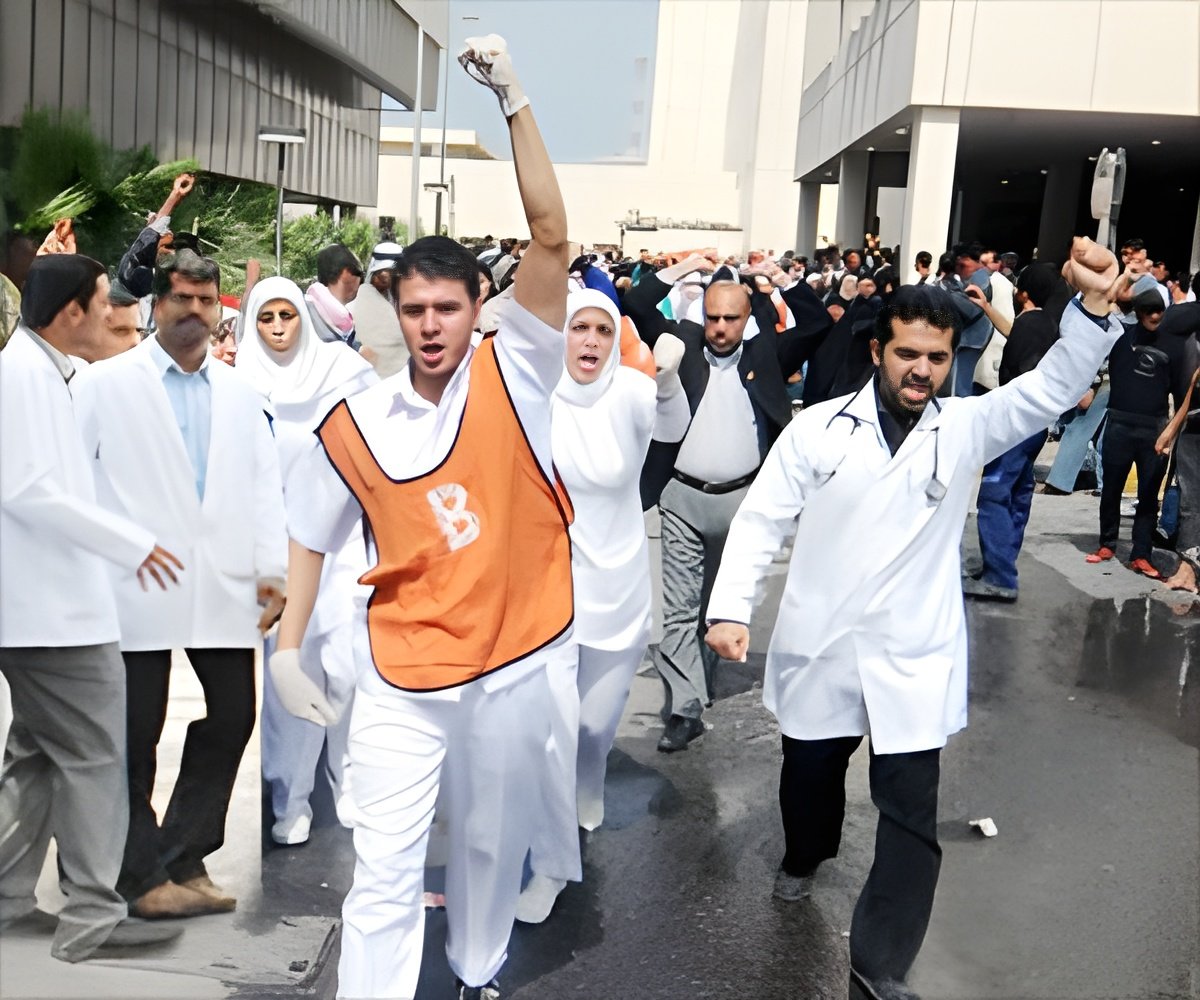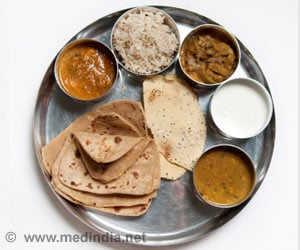Around 10,000 doctors in Rajasthan went on mass casual leave and have gone underground to press their demands.

‘Doctors in Rajasthan went on mass casual leave and have gone underground, with their phones switched off to protest the harsh act of the government.’





Doctors across the state boycotted work from early Saturday morning. Earlier, the government, to prevent the doctors from going on strike, had issued an official notification warning them against going on mass leave or staging protests, or striking work. The mass casual leave hit work in hospitals, primary health centres, community health centres, district and referral hospitals and medical college hospitals across the state.
Serpentine queues of patients could be seen at district primary centres and district hospitals as there was no one to tend to the patients.
Even emergency services were not available for patients.
Sources confirmed that those arrested also included the doctors association patron and president from Alwar. A total of five doctors were arrested from Sawai Madhopur, four doctors from Gangapur City, three doctors from Jalaur, two doctors from Jodhpur, besides others, taking the total count to 20.
Advertisement
The doctors are demanding hazardous service allowance, increase in rural allowance and single shift hospitals. Health officials said most of the demands had already been met and the remaining ones were in the pipeline.
Advertisement
Source-IANS











